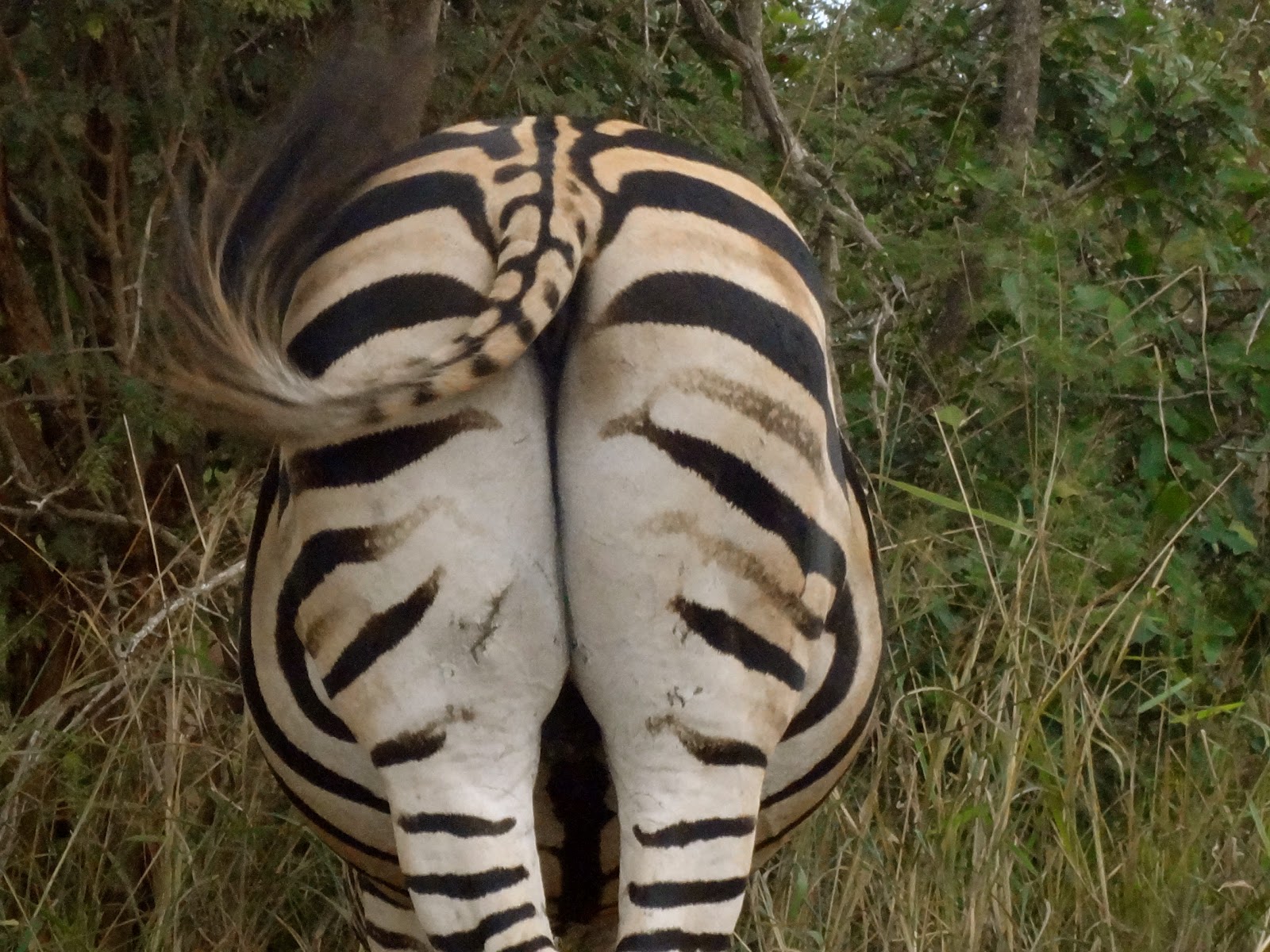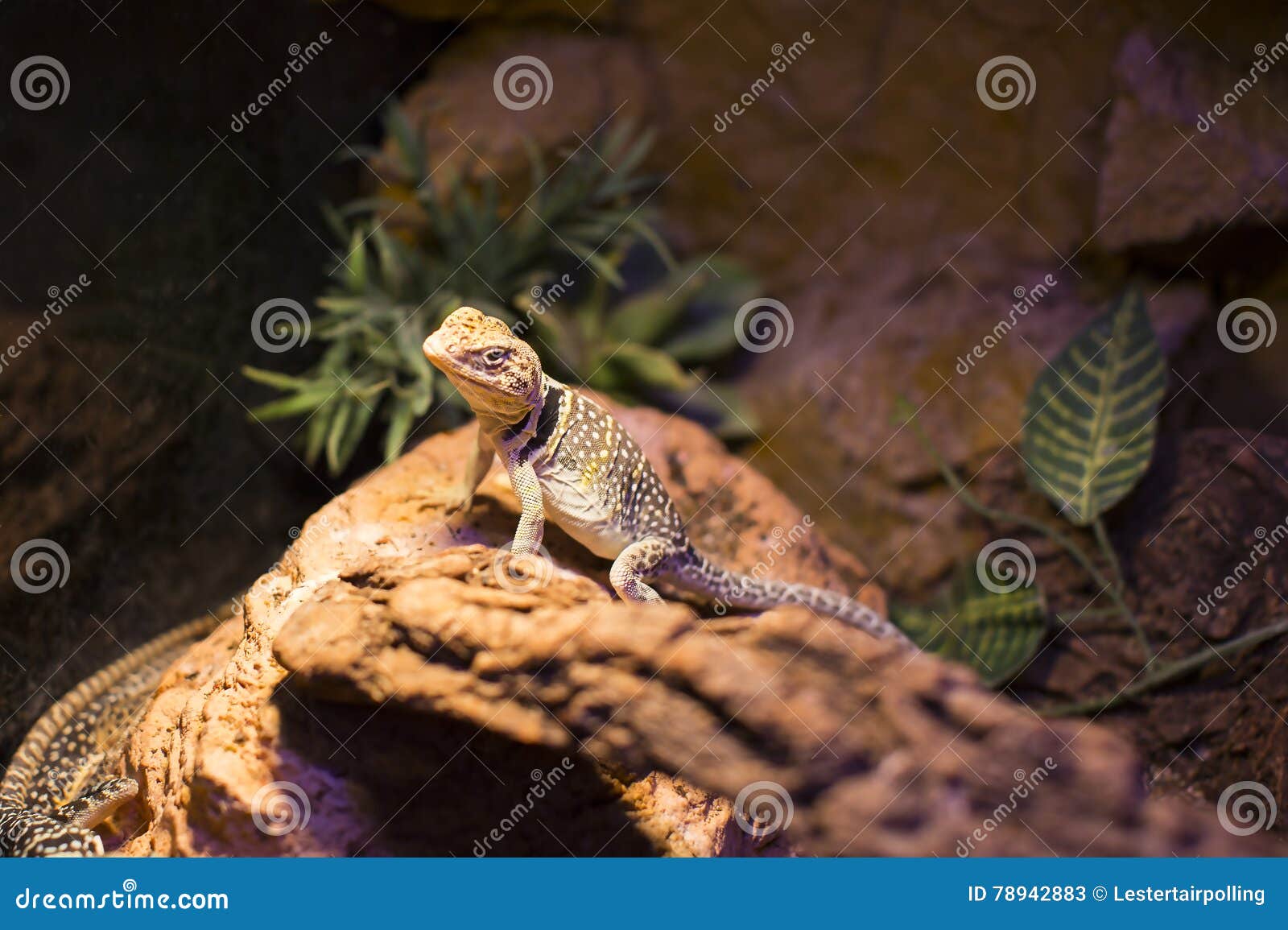Tampilkan postingan dengan label This. Tampilkan semua postingan
Tampilkan postingan dengan label This. Tampilkan semua postingan
Jumat, 30 Desember 2016
Can Fake Fur Save This Leopard? Photo: U.S. Fish amp; Wildlife Service
Kamis, 01 Desember 2016
live in the bush with the wild animals. But no. This is how we live
 Animals are multicellular, eukaryotic organisms of the kingdom animalia (also called Metazoa). All animals are motile, meaning they can move spontaneously and independently at some point in their lives. Their body plan eventually becomes fixed as they develop, although some undergo a process of metamorphosis later on in their lives. All animals are heterotrophs: they must ingest other organisms or their products for sustenance.
Animals are multicellular, eukaryotic organisms of the kingdom animalia (also called Metazoa). All animals are motile, meaning they can move spontaneously and independently at some point in their lives. Their body plan eventually becomes fixed as they develop, although some undergo a process of metamorphosis later on in their lives. All animals are heterotrophs: they must ingest other organisms or their products for sustenance.Think Wild Live Compassion Signed Poster In Defense of Animals
Wild Orcas Live Long Lives naturetime
audacious plan to reintroduce them to the wild on his country estate
Mississippi Flood Pictures: Pets, Wild Animals Seek Safety
Selasa, 29 November 2016
This Wild Life quot;Roots and Branchesquot; Live! in HD YouTube
 Animals are multicellular, eukaryotic organisms of the kingdom animalia (also called Metazoa). All animals are motile, meaning they can move spontaneously and independently at some point in their lives. Their body plan eventually becomes fixed as they develop, although some undergo a process of metamorphosis later on in their lives. All animals are heterotrophs: they must ingest other organisms or their products for sustenance.
Animals are multicellular, eukaryotic organisms of the kingdom animalia (also called Metazoa). All animals are motile, meaning they can move spontaneously and independently at some point in their lives. Their body plan eventually becomes fixed as they develop, although some undergo a process of metamorphosis later on in their lives. All animals are heterotrophs: they must ingest other organisms or their products for sustenance. Most known animal phyla appeared in the fossil record as marine species during the Cambrian explosion, about 542 million years ago. Animals can be divided broadly into vertebrates and invertebrates. Vertebrates have a backbone or spine (vertebral column), and amount to less than five percent of all described animal species. They include fish, amphibians, reptiles, birds and mammals. The remaining animals are the invertebrates, which lack a backbone. These include molluscs (clams, oysters, octopuses, squid, snails); arthropods (millipedes, centipedes, insects, spiders, scorpions, crabs, lobsters, shrimp); annelids (earthworms, leeches), cnidarians (jellyfish, sea anemones, corals), and sponges. The study of animals is called zoology.
Most known animal phyla appeared in the fossil record as marine species during the Cambrian explosion, about 542 million years ago. Animals can be divided broadly into vertebrates and invertebrates. Vertebrates have a backbone or spine (vertebral column), and amount to less than five percent of all described animal species. They include fish, amphibians, reptiles, birds and mammals. The remaining animals are the invertebrates, which lack a backbone. These include molluscs (clams, oysters, octopuses, squid, snails); arthropods (millipedes, centipedes, insects, spiders, scorpions, crabs, lobsters, shrimp); annelids (earthworms, leeches), cnidarians (jellyfish, sea anemones, corals), and sponges. The study of animals is called zoology. The word "animal" comes from the Latin animalis, meaning having breath, having soul or living being. In everyday non-scientific usage the word excludes humans – that is, "animal" is often used to refer only to non-human members of the kingdom Animalia; often, only closer relatives of humans such as mammals and other vertebrates, are meant. The biological definition of the word refers to all members of the kingdom animalia, encompassing creatures as diverse as sponges, jellyfish, insects, and humans.
The word "animal" comes from the Latin animalis, meaning having breath, having soul or living being. In everyday non-scientific usage the word excludes humans – that is, "animal" is often used to refer only to non-human members of the kingdom Animalia; often, only closer relatives of humans such as mammals and other vertebrates, are meant. The biological definition of the word refers to all members of the kingdom animalia, encompassing creatures as diverse as sponges, jellyfish, insects, and humans.Wild Bull LIVE Tournament / League Electronic Bristle / Steep Tip

Live wild reptiles lizards shot closeup in nature.

Pin by Ana Catena Peiró AcStyle on Inspire Pinterest
View bigger Wild Jaguar Live Wallpaper HD for Android screenshot
Label:
Branchesquot;,
Life,
Live!,
quot;Roots,
This,
Wild,
YouTube
Rabu, 09 November 2016
Only 3,200 Tigers Remain in the Wild; This Map Shows Where TakePart
 Most known animal phyla appeared in the fossil record as marine species during the Cambrian explosion, about 542 million years ago. Animals can be divided broadly into vertebrates and invertebrates. Vertebrates have a backbone or spine (vertebral column), and amount to less than five percent of all described animal species. They include fish, amphibians, reptiles, birds and mammals. The remaining animals are the invertebrates, which lack a backbone. These include molluscs (clams, oysters, octopuses, squid, snails); arthropods (millipedes, centipedes, insects, spiders, scorpions, crabs, lobsters, shrimp); annelids (earthworms, leeches), cnidarians (jellyfish, sea anemones, corals), and sponges. The study of animals is called zoology.
Most known animal phyla appeared in the fossil record as marine species during the Cambrian explosion, about 542 million years ago. Animals can be divided broadly into vertebrates and invertebrates. Vertebrates have a backbone or spine (vertebral column), and amount to less than five percent of all described animal species. They include fish, amphibians, reptiles, birds and mammals. The remaining animals are the invertebrates, which lack a backbone. These include molluscs (clams, oysters, octopuses, squid, snails); arthropods (millipedes, centipedes, insects, spiders, scorpions, crabs, lobsters, shrimp); annelids (earthworms, leeches), cnidarians (jellyfish, sea anemones, corals), and sponges. The study of animals is called zoology.NIGHT MOVES: Wildlife Selfies on Hidden Camera Live in Oakland

Top 10 BIGGEST Cats Earth Rangers Wild Wire Blog
Wild Fact 214 – Long Live the Tail – Tailed Frog
live throughout Spain and Portugal but it is now one of the most
 Thanks for Reading this Article
Thanks for Reading this Article
Minggu, 16 Oktober 2016
This common sun skink is much larger and not quite as accomodating.
wild kratts live save event wild kratts live saturday february
Wild Live At Squamish Outdoor Rock Concerts
Live Lobster Royalty Free Stock Photos Image: 34647788
AXES OF HEAVY METAL: Wild Dogs Live In San Francisco 1982 2006
 Thanks for Visiting this Website
Thanks for Visiting this Website
Langganan:
Komentar (Atom)